Where in the world is Paris Texas?
|AGNES MAGGIE SHU
After releasing the EP I’ll Get My Revenge in Hell in 2018, the rap rock duo Paris Texas dropped off the face of the earth and scraped all digital traces of ever existing—only to reemerge three years later, as if nothing had ever happened.
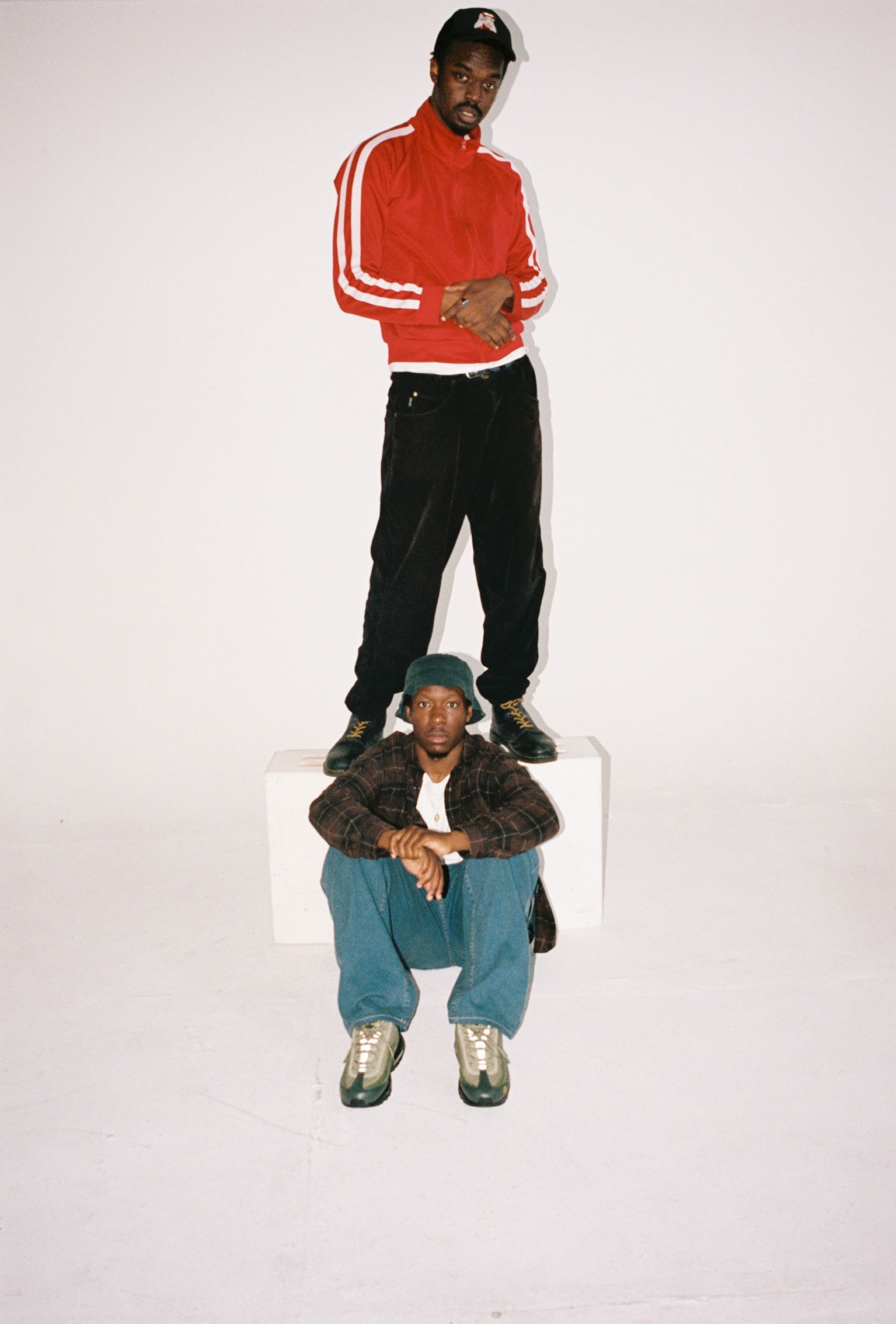
Known only by their stage names Felix and Louie Pastel, the duo resurfaced with the release of BOY ANONYMOUS in 2021, followed by a Coachella debut and their first studio album MID AIR in 2023. I met the duo in Paris right before their performance at the We Love Green festival, after which I realized that I still did not know their real names—marking a purposeful distance and measured sensibility behind the laughter and endearing demeanors that had dominated our conversation for two hours.
This organized chaos is perhaps only understood by Felix and Louie Pastel, one egged on by the other. “We always laugh about our music, because that motherfucker is not making any sense at any point in time,” says Pastel. References that come afloat in our conversation include Charles Manson, Lana Del Rey (whom they have a song named after, and vice versa), and Dizzee Rascal. It speaks to their genre-hopping sound, with a discography dabbling in punk, metal, hip-hop, garage, and an occasional strum of country. The duo have created a world where any genre of their pleasing can coexist—complete with visual storytelling, slice-of-life lyrics, and fictionalized versions of themselves as Felix and Louie Pastel.
AGNES MAGGIE SHU: You’re based in California, but the stage personas you have chosen are rather stereotypical French names. I was wondering how this physical distance and this juxtaposition plays into your creative output.
FELIX: It plays into how we fit into the soundscape of music right now, having this juxtaposition of sound. But as far as [stage] names go, I would have chosen a totally different name.
LOUIE PASTEL: Being a child of the internet allows you to have distance all the time. You’re always not where you’re really from. Not that we’re the anomalies in our community or that we wanted to escape from our places—just that we’re almost distant from reality sometimes. Even where I went to school was a different district from where I lived. I’ve always been from somewhere else.
Our actual rapping names? 100 percent accident.
AMS: A happy accident. So where did your names come from?
F: I had a whole different name originally. I was just going through shitty character names while generating a new profile on Twitter. I had friends online who would refuse to call me by my name, which is not very common, and they kept calling me Felix. Louie, I forget how you came up with your name, but I remember it was tight.
LP: I was just trying to be like the movies, what I would hear in a Quentin Tarantino. Marsellus Wallace, the ring of that. But not Lou. Lou-something. This random fucking name. I was just like, Louie. Then came the last part. Pastel.
AMS: That’s a very internet kid reference. When we had Tumblr moodboards and everything was pastel.
LP: It’s very much that world. I was like, I have to show some sort of soft-colored boy. So, Louie Pastel. I might change it again to my real name. That’s the real rebrand.
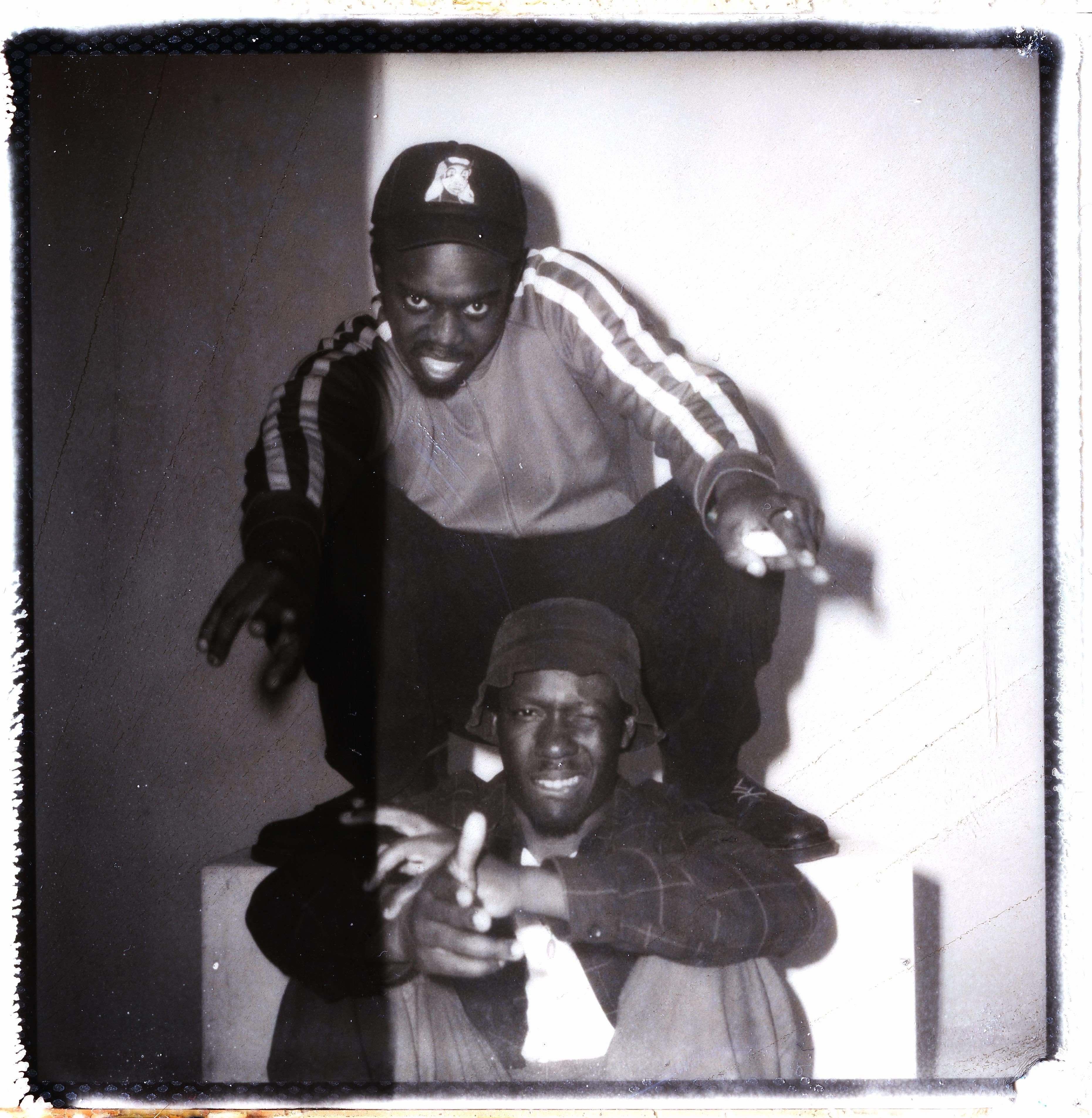
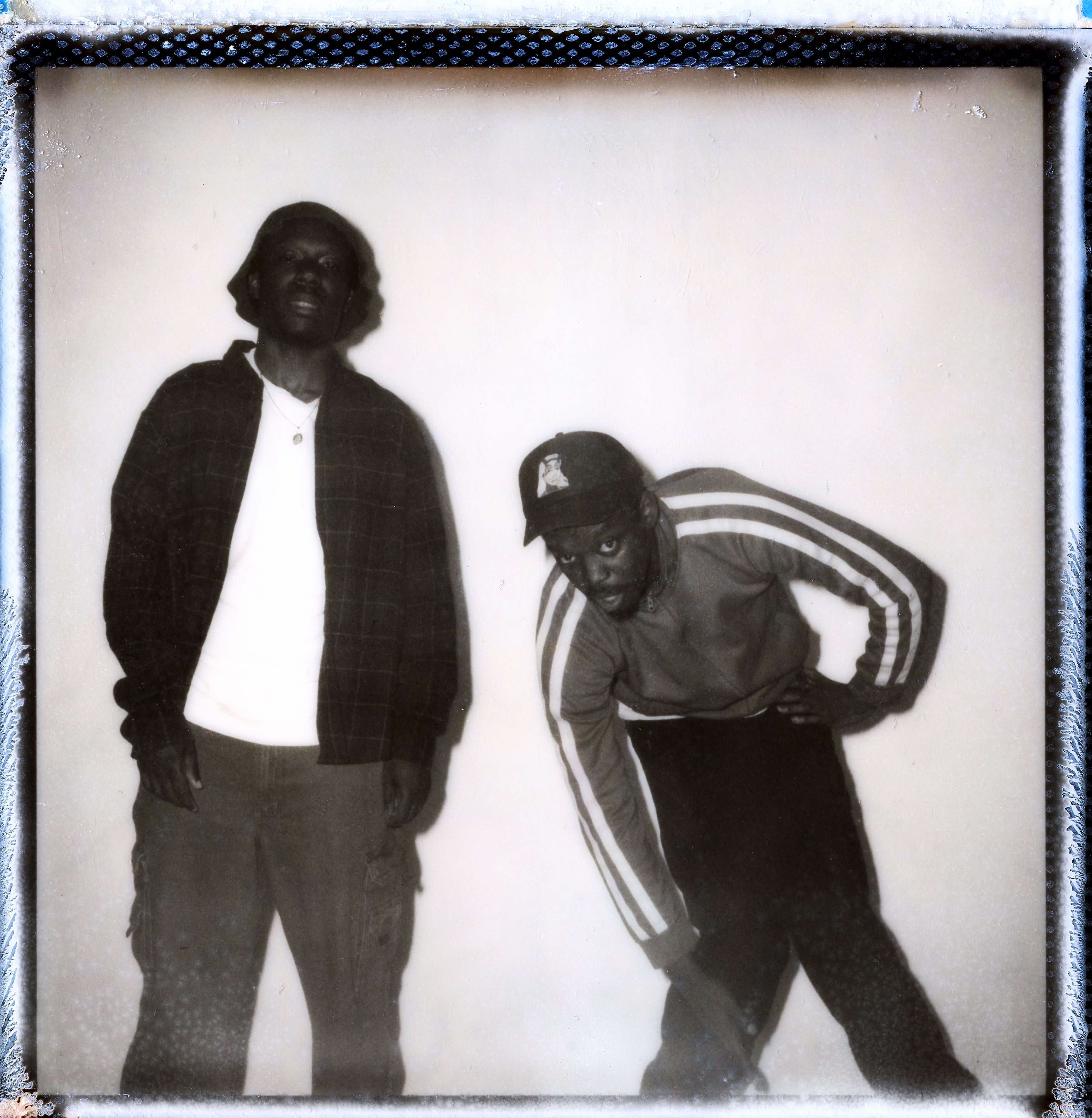
AMS: You’ve previously spoken about film being a significant influence on your work. Having stage names essentially integrates the methodology of being an actor into your practice.
LP: Whenever I write, I try to do a fictionalized version of my feelings and whatever I’m going through. I don’t actually say what I’m going through, I try and do it outside of my personal self. I think that’s how you get the best result. It makes it easier to put on a voice and put on a character behind a beat.
F: Yeah, I feel the same. As an artist, you get this caricature version of life, whether it’s an emotion or your identity. It’s still you, but it’s being put on. It’s being put on the max volume for moments in time. Maybe I’m screaming in songs because I’m upset, but I might have just felt really pissed off about who the fuck knows. It becomes the micro-macro thing, where songs are focused on this one thing. It becomes my scope of how I’m seeing the world at this moment in time.
AMS: To what degree is this a persona versus just a stage name?
LP: What I’m saying is usually real. I’m getting worse and worse at faking the story part of it. I probably make myself more degenerate than I probably am, put a dickhead version of myself into the music more. Not to fixate on it; but to find acceptance and tackle it.
I’m really settled down in real life. I’m pretty domesticated. Sometimes I’ll do wild shit and be degenerate a little more. But it’s in me, the beast’s in me. The dog is in me.
AMS: Is there a reason for that?
LP: Makes me feel powerful, that I can own it. I get to be an asshole on this and talk about the weird parts of myself a little bit more. The gritty parts of myself. I can’t walk into Starbucks and say, I’m doing acid and fucking bitches and smoking cigarettes. I’m completely different around my friends, but I won’t show it if I don’t know you, if I don’t trust you. So, it’s the same little weirdo in me but put on a beat. He never got to speak, he never got to say his piece for real.
AMS: Is it important for you to have this distance?
F: It is tricky, because it’s more natural now for there not to be a distance with social media. But separation allows more space for imagination, and that was what I used to like growing up and what felt impactful to me. I think it helps with the storytelling. Kendrick [Lamar] would be a good example. He was a really good storyteller about his real life and bridging the two. Young Thug also has Prince-like stories. He moves around but he has built a separation.
I’ve always been a fan of artists who are good at telling a story about their lives, but only through the music, and they’re otherwise private people.
AMS: You prioritize the visuals almost as much, if not equally, as the music. In that sense, your work is audiovisual. It makes me wonder about your method. When you’re making each song, do you visualize them at the same time? Perhaps seeing the song as an audiovisual piece in itself?
F: Louie has come up with most of the visuals besides a few.
LP: Yeah, I’ll have the visuals before I have the songs. And I’ll think, it needs a sound to it. I won’t know what we’re going to make or what it’s going to sound like. I just need a visual idea. There’s a world that I see.
I try my best not to write too much down until we start getting towards the finish line. If I write it down, I’ll be married to a certain concept, and I want the freedom to change the itty-bitty elements when it comes down to the visuals and music. Even with making music—I hate that part of it. I hate the idea that I have to sit at a computer and write this music down. Go on this program, and beep bop boop my way into this shit all day.
AMS: I didn’t realize that you begin with the visuals and work backwards. I feel like it’s generally the other way around for musicians.
LP: It was always like this for us. It helps having certain elements just sitting in the back of your mind. Then, when we’re making music, we can picture how big the music needs to feel, or what world we need to be in. Then, by the end, everything falls into place. We had the name Mid Air for two years, and the name for Boy Anonymous a good couple months before we released the project.
AMS: Storytelling is evidently important to you.
LP: Yeah. I hate the moodboard music video. Like, let’s show a flower field. Queue the cigarettes, neon lights, liquor store. A video like that is weird.
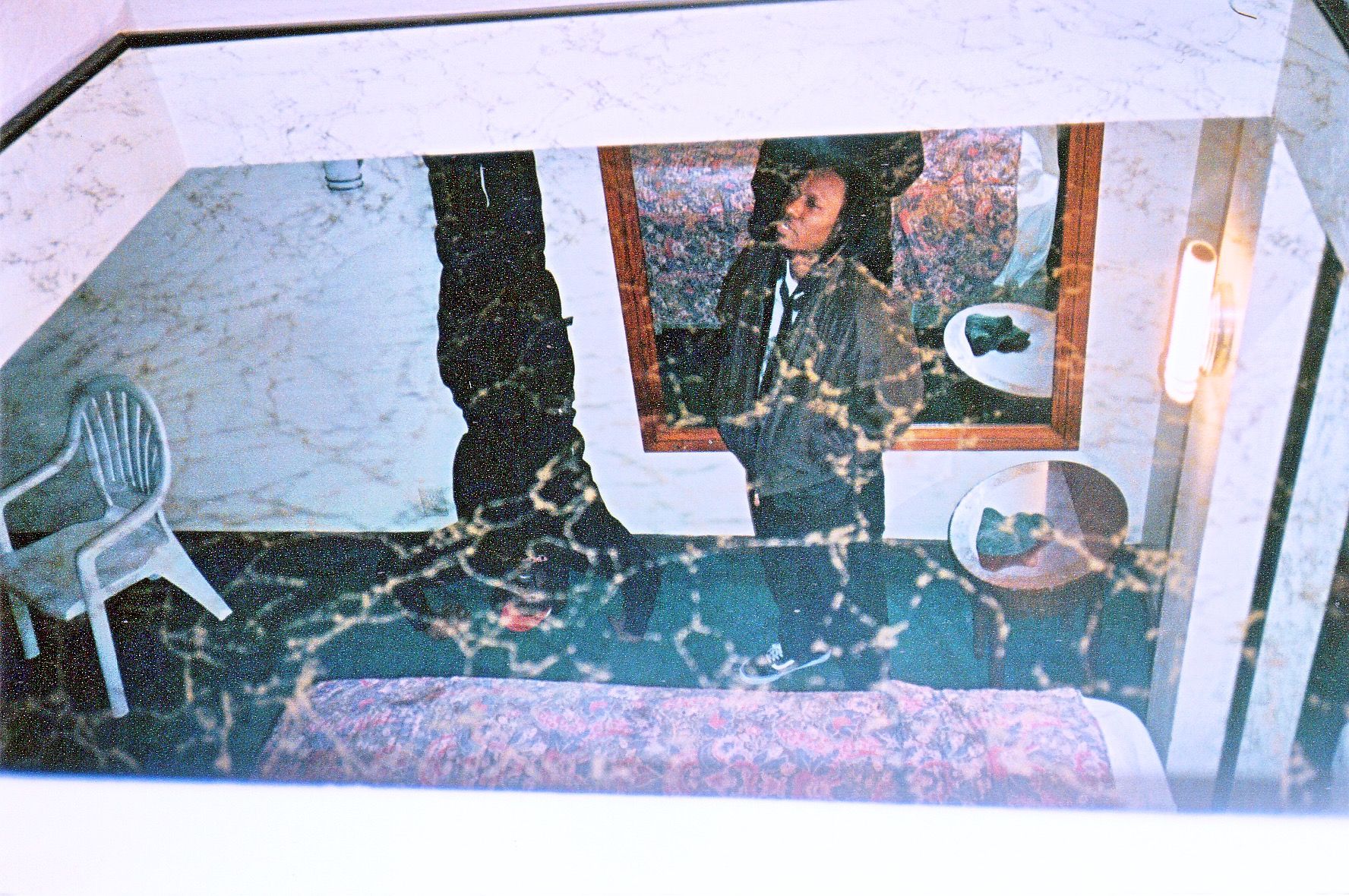
AMS: Fame has found you at a later stage in your personal life, which might bring about a different attitude towards it compared to artists who have grown up under the spotlight. How has this affected your approach to fame and making music?
F: Coming into it later, there’s a sense of expectation or maturity attached to the music we make. It’s an expectation we sometimes put on ourselves. But it’s weird because we’re still [technically] newer to the eyes of the public, so we’re also just starting in a way.
We were just having a conversation about this. We had this weird separation from certain things that should have been super eye-opening to us early on. Maybe people will be excited about a festival that we’re performing at or a show we’ve done, but to us, we still have our heads down. Thinking that we’ve got to play catch-up, just with ourselves, and carve out this sound for ourselves. There are certain moments when we look up and realize that this is a pretty cool thing. You know, a few years ago we were nowhere near close to where we are now in our lives.
LP: I’ve had no other feeling like this in my life. I don’t know what the difference would be if I were younger. I hear stories, and I’ve heard people talk about it, it seems like it’s different. Growing up, I was never the popular kid at school. There was no real moment of having a bunch of attention on me or a real spotlight moment like this—besides the little community of family and friends.
It makes me look at everything else differently. What does this mean to me as I’m growing up? I came into the scene when I was 26, 27. Now I’m 30. So, how can I get this to affect the rest of my life as well?
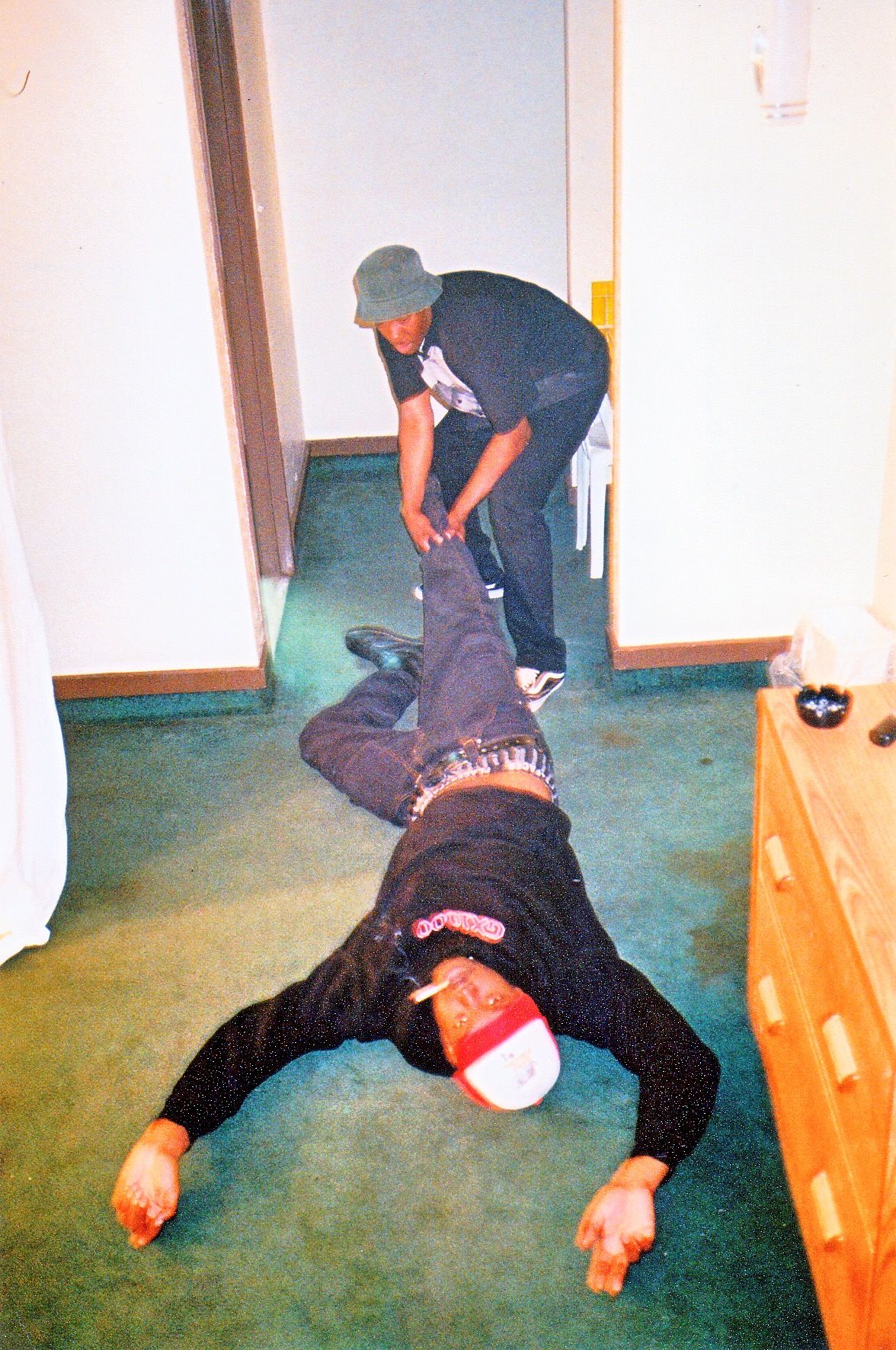
AMS: The future seems to be a recurring topic in your work. Your artist website features an alternate reality in 2051 where we’ve reached Mars. That’s 27 years from now. Where does Paris Texas hope to be?
LP: 27 years from now? I know where I’m going to be. Chilling with my kids.
F: Nah, I want the potato fry machine at In-N-Out. It probably weighs 100 pounds. It’s a big machine. You put the potato in there and fries come out the bottom. If I don’t have that in the house somewhere, then you know what, just know that this isn't going the way it's supposed to. I have to figure it out. And then I’m thinking about how to make focaccia bread.
AMS: You can make focaccia right now.
F: Not easy to make good focaccia bread though. 27 years for trial and error. 27 on the belt. Get me that bread and a potato crusher.
AMS: Anything to add?
F: I’m telling the people that I got credit now. 2021, I didn’t have credit, so I couldn’t get a car. Look at me now. Y’all, credit. Yes, I said it to a different publication, but the people have been following up. I didn’t have credit three years ago. Things are moving up. I’m doing a lot of shit man, but just know I got credit now. See me in the next three years. Let’s see if I got a good credit score. I’ll keep you all tapped in.
Credits
- Text: AGNES MAGGIE SHU
Related Content
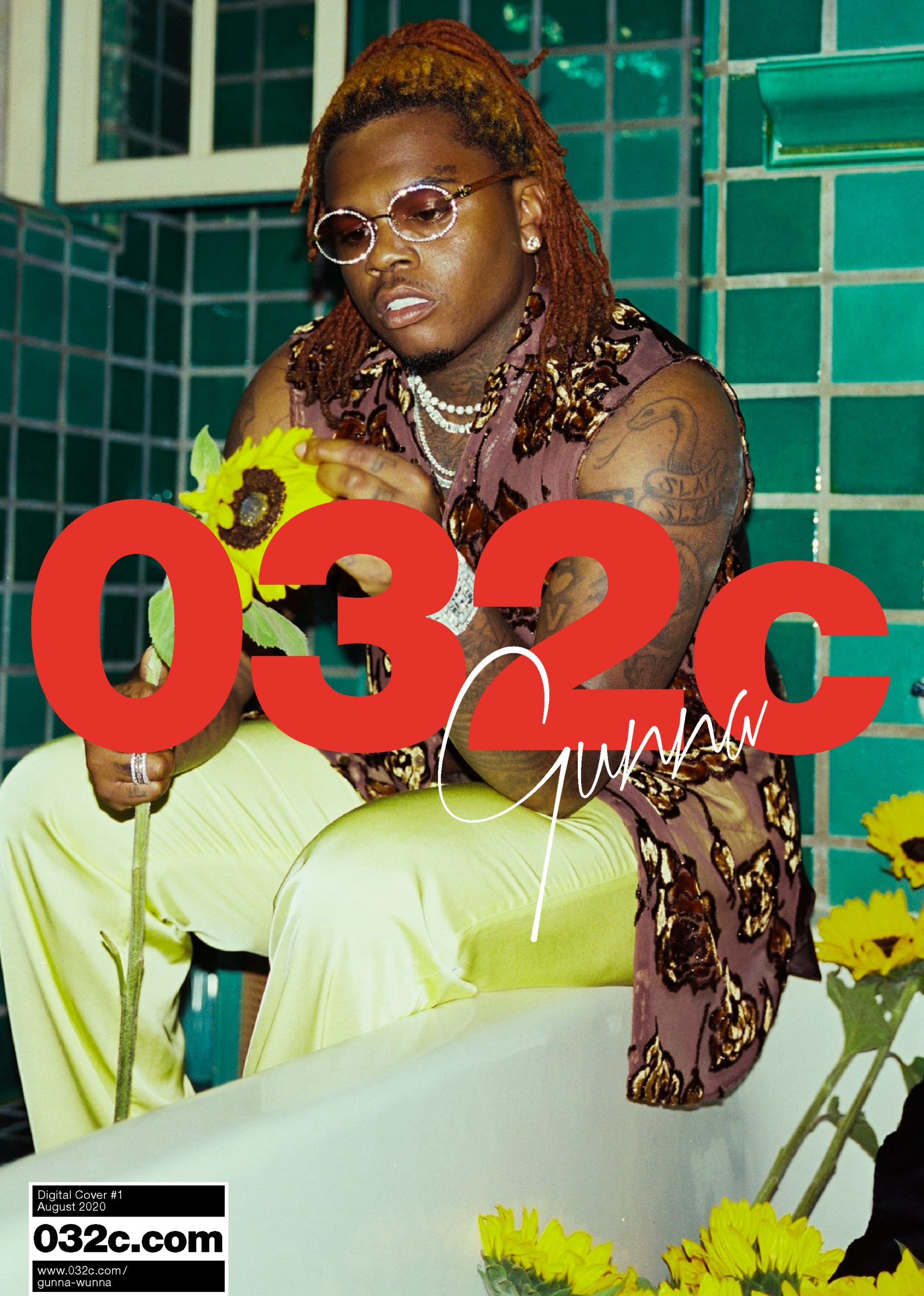
“This shit just sounds deluxe.”
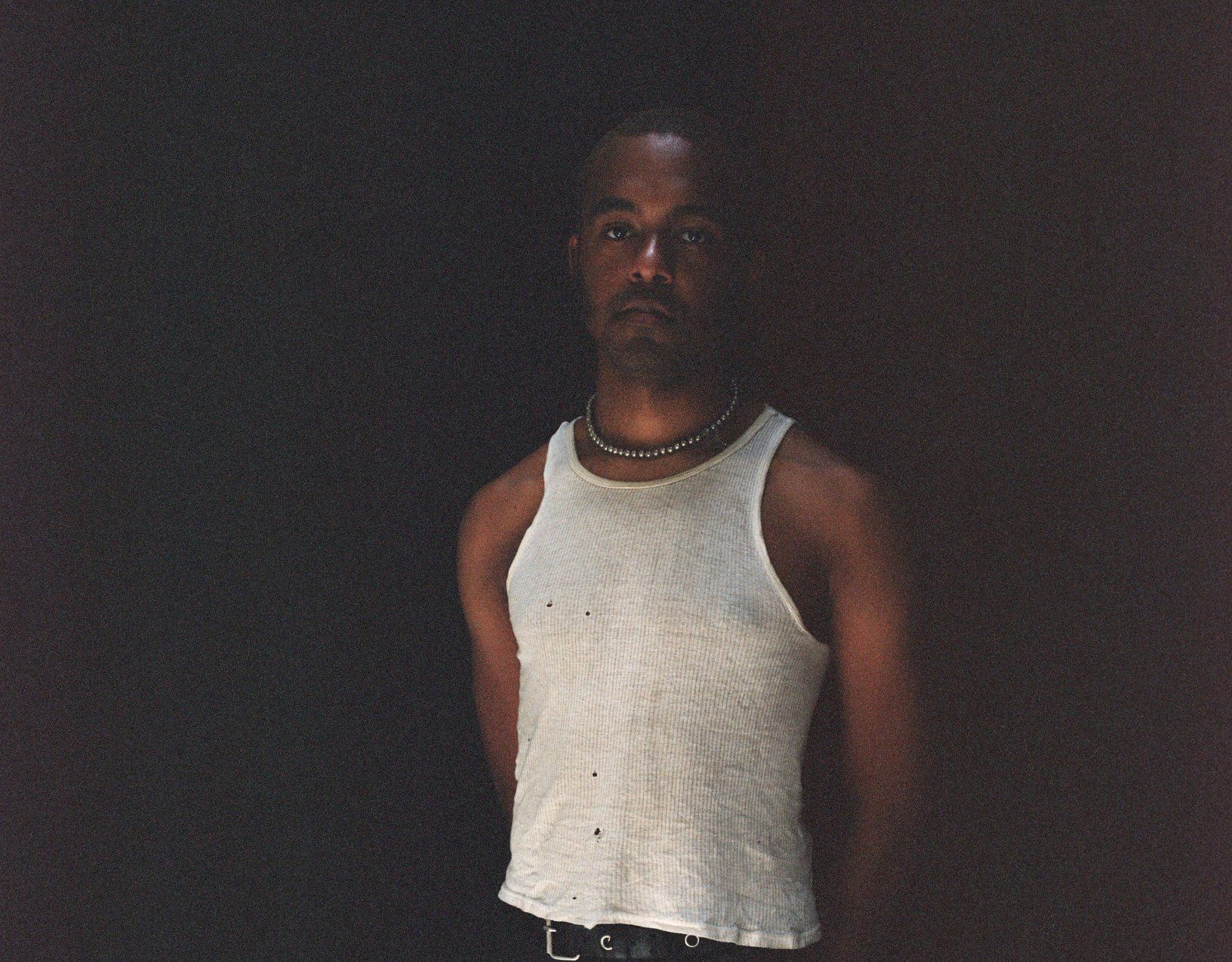
An Exorcism of a Prior Identity: Jasper Marsalis (Slauson Malone 1)
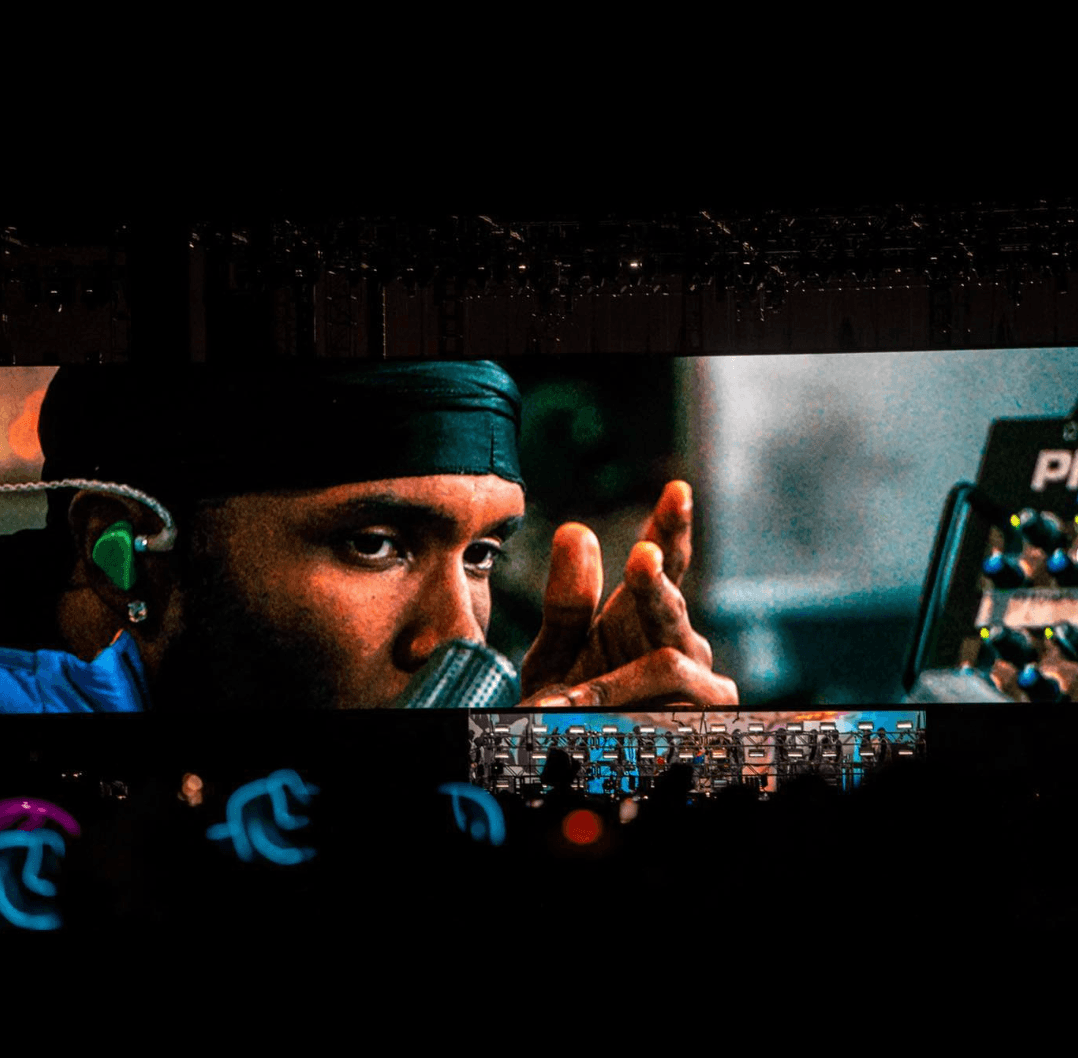
FRANK OCEAN: the Mysterious Artist
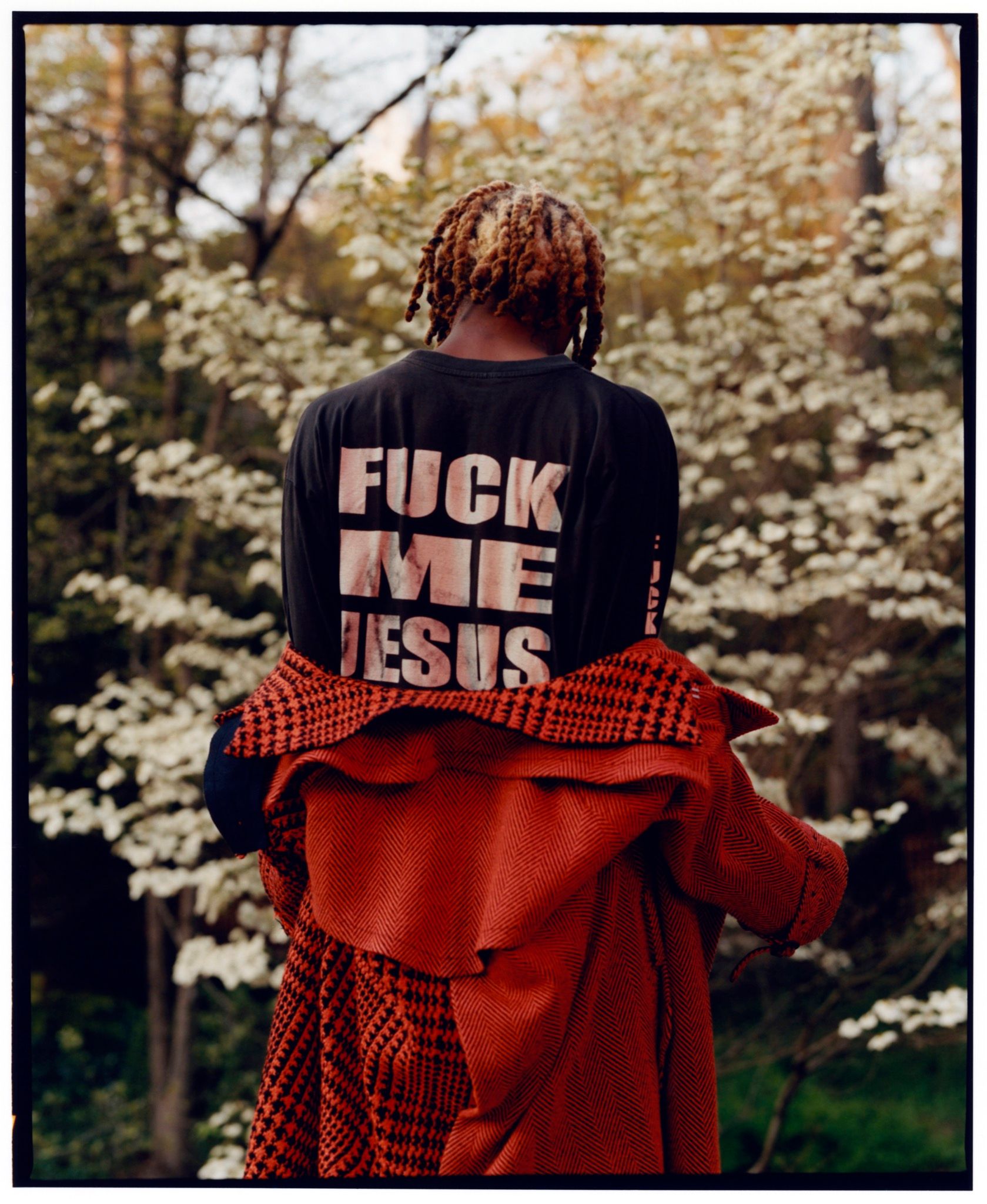
THE PLAYBOI MANSION: A House That Makes Rap Music
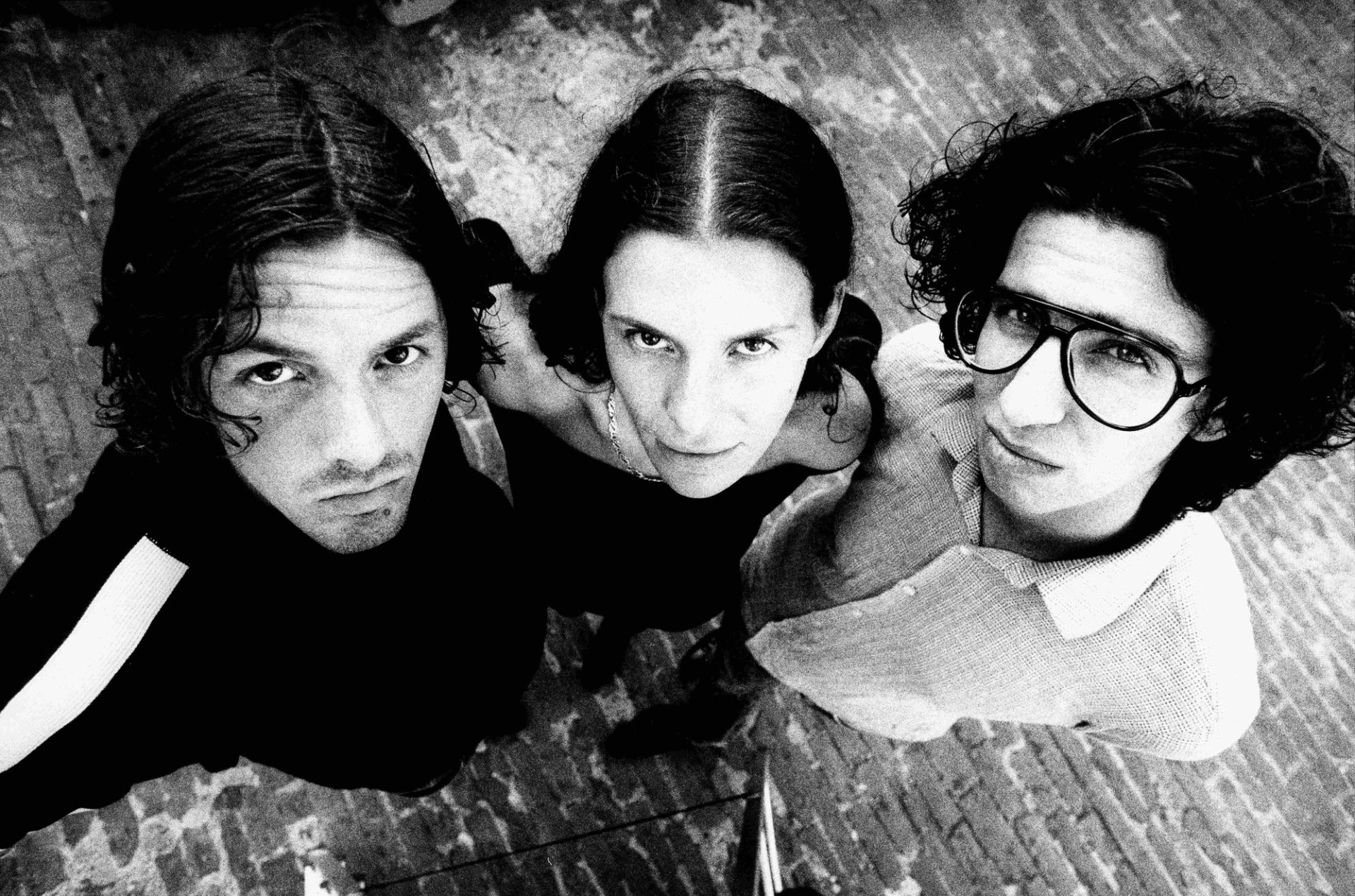
“It’s very serious”: BAR ITALIA’s THE TWITS
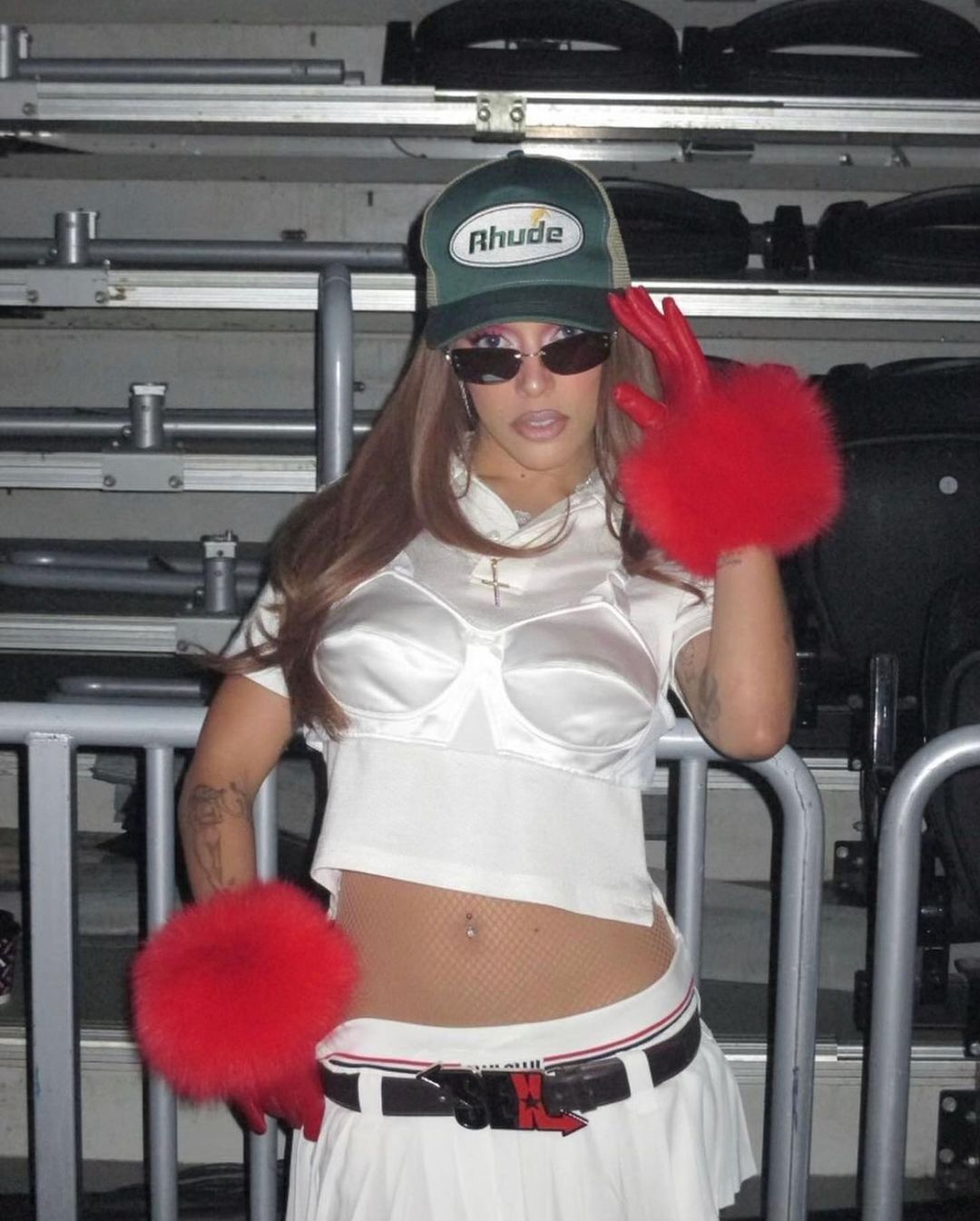
Who the fuck is Vaquera?
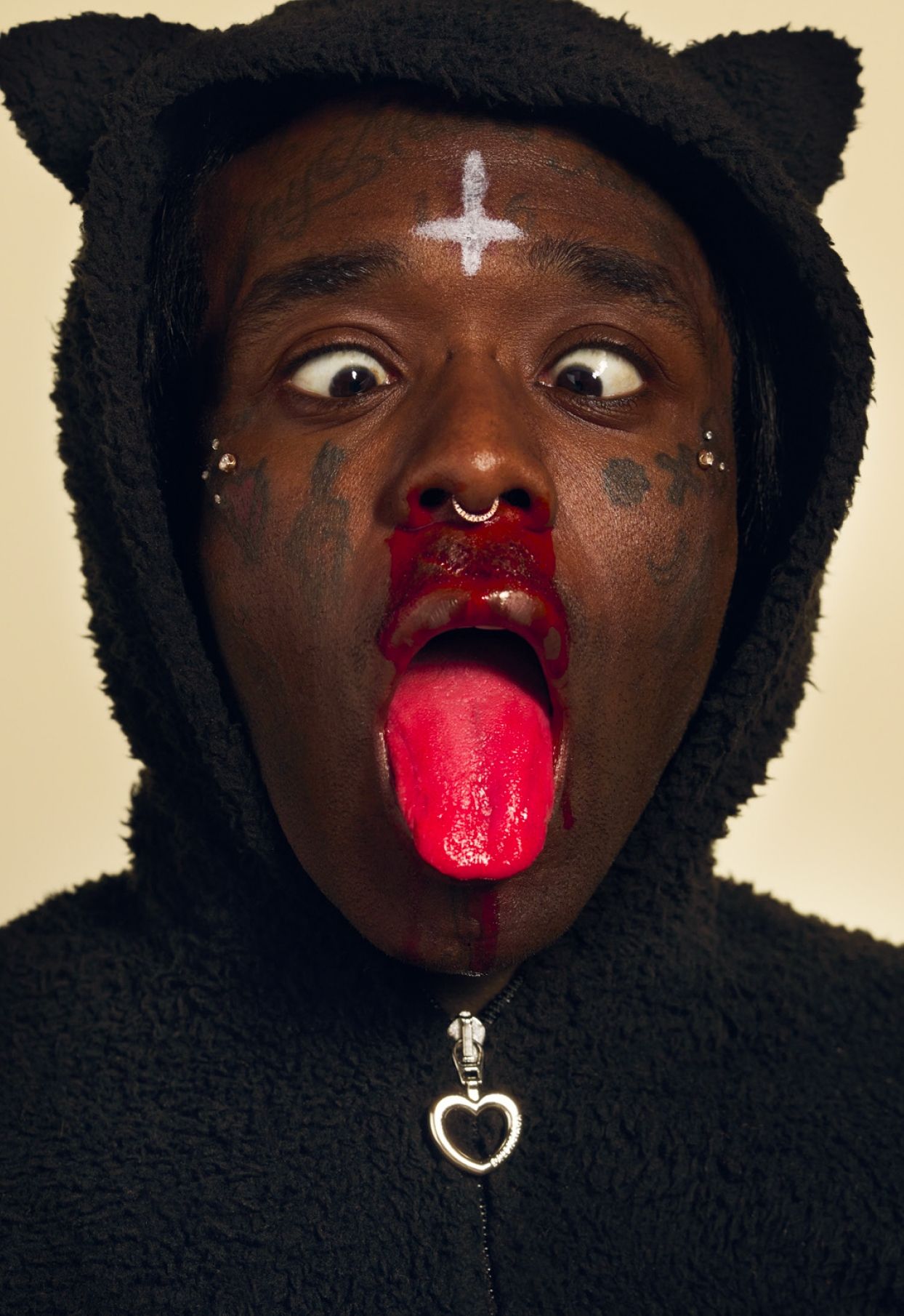
LIL UZI VERT Isn’t a Satanist
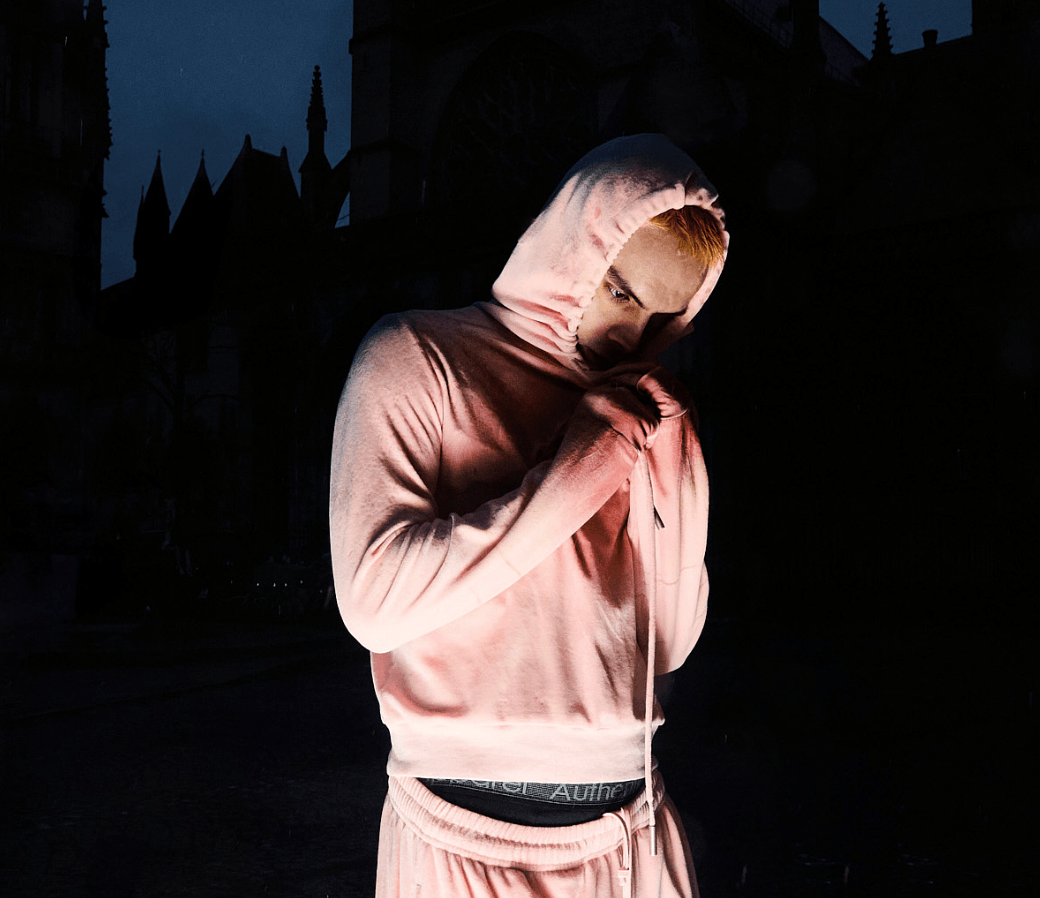
A Bad Night’s Sleep with Sega Bodega
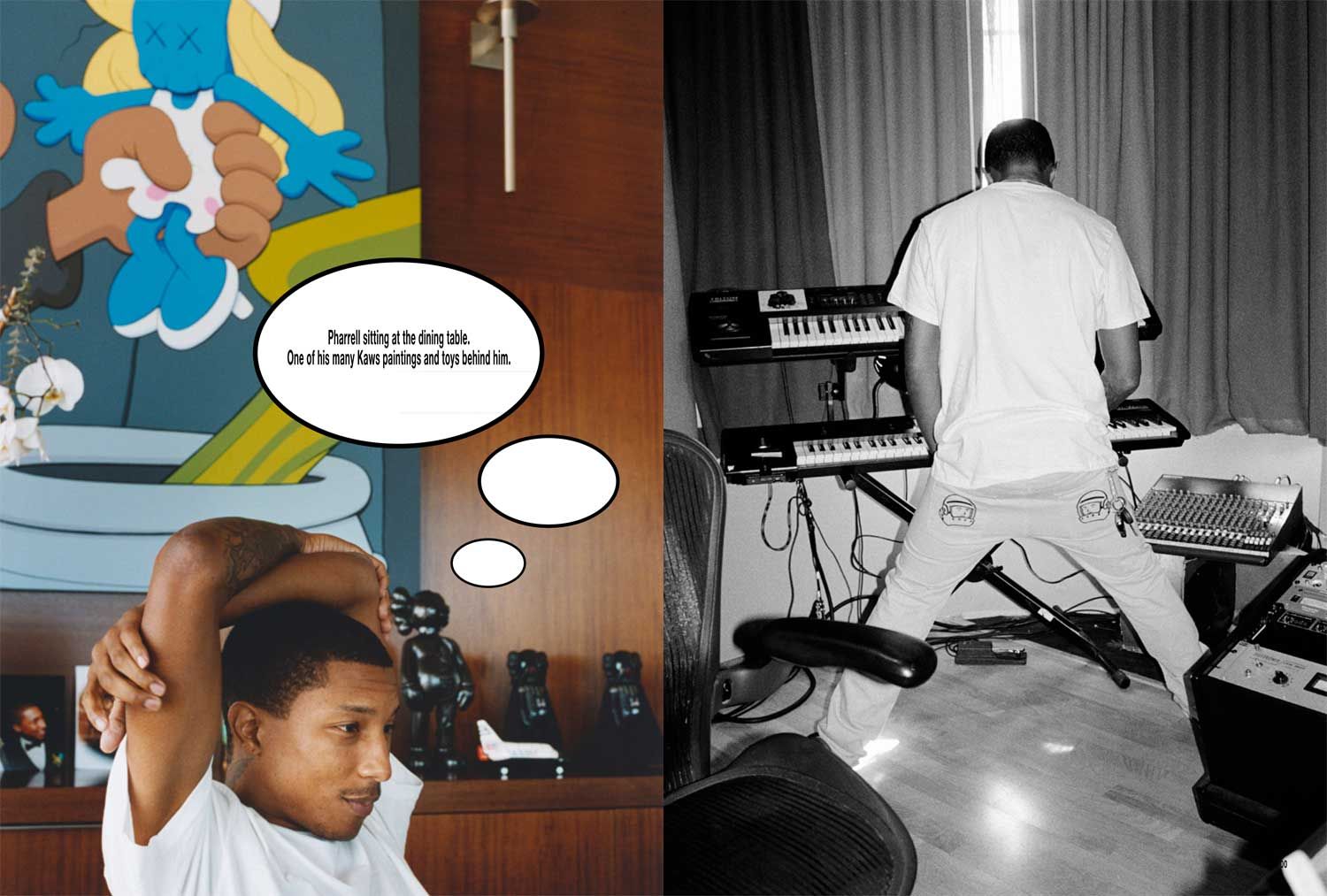
PHARRELL WILLIAMS
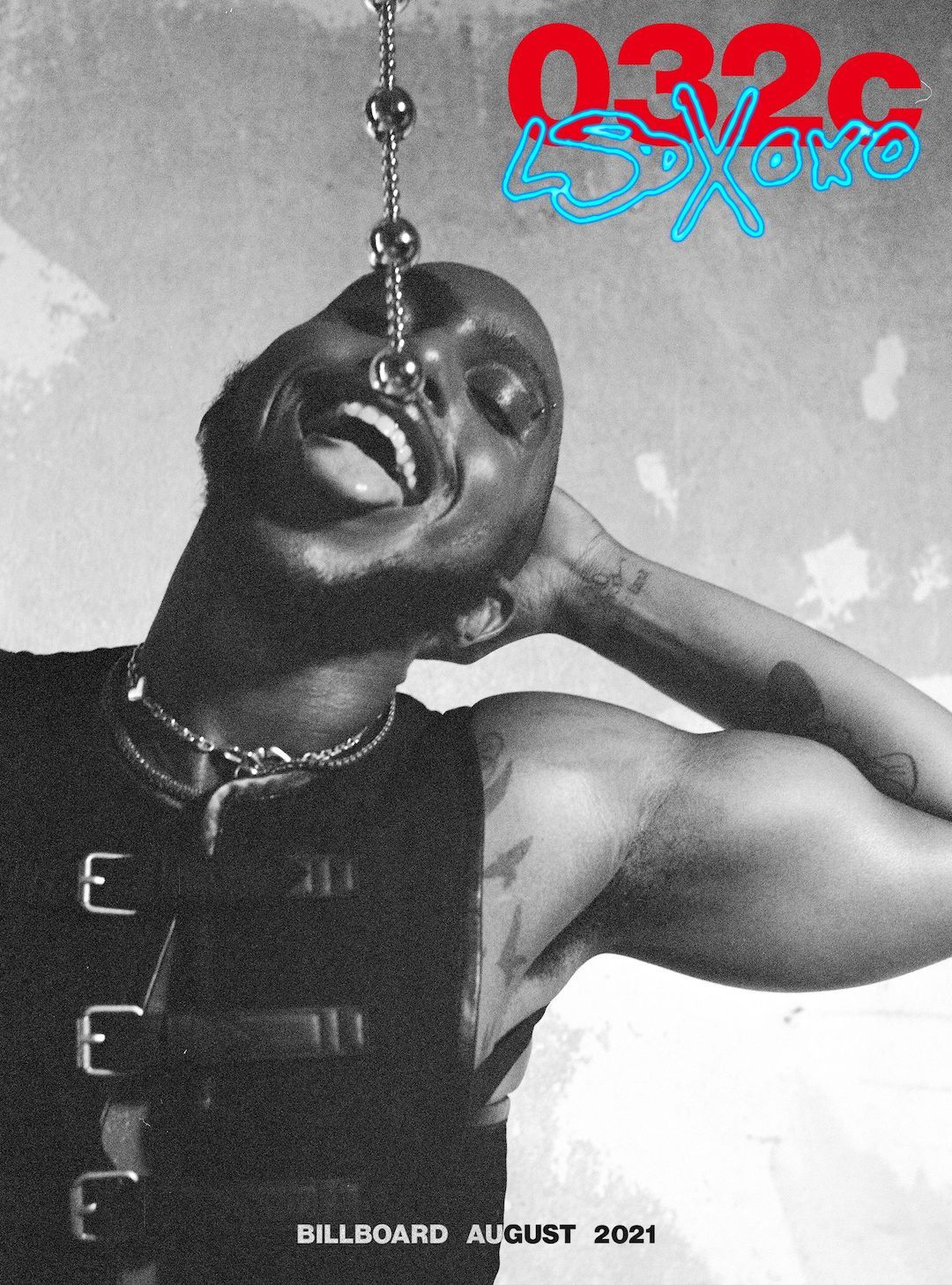
LSDXOXO: Staging the Full Fantasy